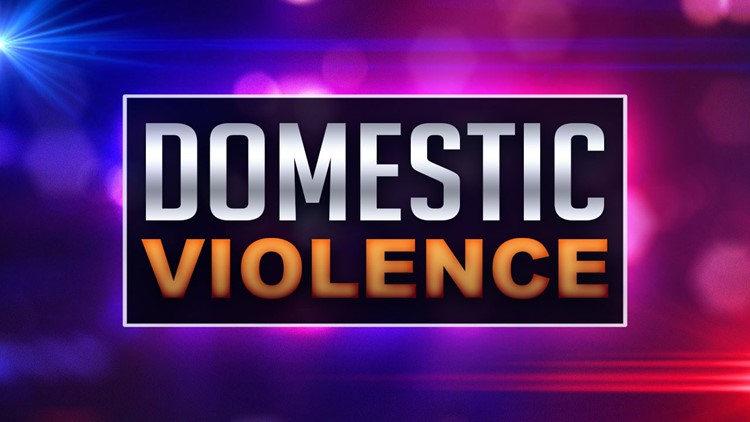Domestic violence can happen to anyone, no matter their race, education, marital status, gender, age, sexual orientation, social standing or religion.
Since October is nationally recognized as Domestic Violence Awareness Month, Local 5 gathered the warning signs of domestic violence and resources available to those who may need it in the metro.
Signs of domestic violence
The Iowa Coalition Against Domestic Violence (ICADV) says that domestic violence is “a pattern of coercive, threatening, and violent behaviors aimed at gaining power and control over an intimate partner.”
This abuse can include name-calling, controlling who a partner talks to, using children as a weapon, and blaming. Abuse can be physical, emotional, sexual and/or financial.
The Iowa Victim Service Call Center says that it’s not always easy to see if a relationship will turn abusive.
The tricky part about recognizing the signs of domestic violence is that it doesn’t look the same, and that’s because every relationship is different.
Children & Families of Iowa (CFI) says a person in an abusive relationship may not be able to make decisions without their partner. They may also not be able to express their opinions or feelings with their partner in fear of their partner lashing out.
The National Domestic Violence Hotline says some of the signs of an abusive relationship include a partner who:
- Tells you that you can never do anything right
- Shows extreme jealousy of your friends and time spent away
- Keeps you or discourages you from seeing friends or family members
- Insults, demeans or shames you with put-downs
- Controls every penny spent in the household
- Takes your money or refuses to give you money for necessary expenses
- Looks at you or acts in ways that scare you
- Controls who you see, where you go, or what you do
- Prevents you from making your own decisions
- Tells you that you are a bad parent or threatens to harm or take away your children
- Prevents you from working or attending school
- Destroys your property or threatens to hurt or kill your pets
- Intimidates you with guns, knives or other weapons
- Pressures you to have sex when you don’t want to or do things sexually you’re not comfortable with
- Pressures you to use drugs or alcohol
Just one of these behaviors in a relationship is a red flag that abuse may be present or may become present in the future.
Resources in the metro
These are some of the resources listed under the National Coalition Against Domestic Violence. If it’s an emergency, call 911 immediately.
- Children and Families of Iowa, Des Moines
- Latinas Unidas por un Nuevo Amanecer (LUNA), Des Moines
- Monsoon Asians and Pacific Islanders in Solidarity, Des Moines
- Polk County Crisis and Advocacy Services, Des Moines
- Crisis Intervention and Advocacy Center, Adel
- Assault Care Center Extending Shelter and Support (ACCESS), Ames
- Fort Dodge Domestic/Sexual Assault Outreach Center, Fort Dodge
Other resources
- Iowa Victim Service Call Center 1-800-770-1650
- National Domestic Violence Hotline 1-800-799-7233




